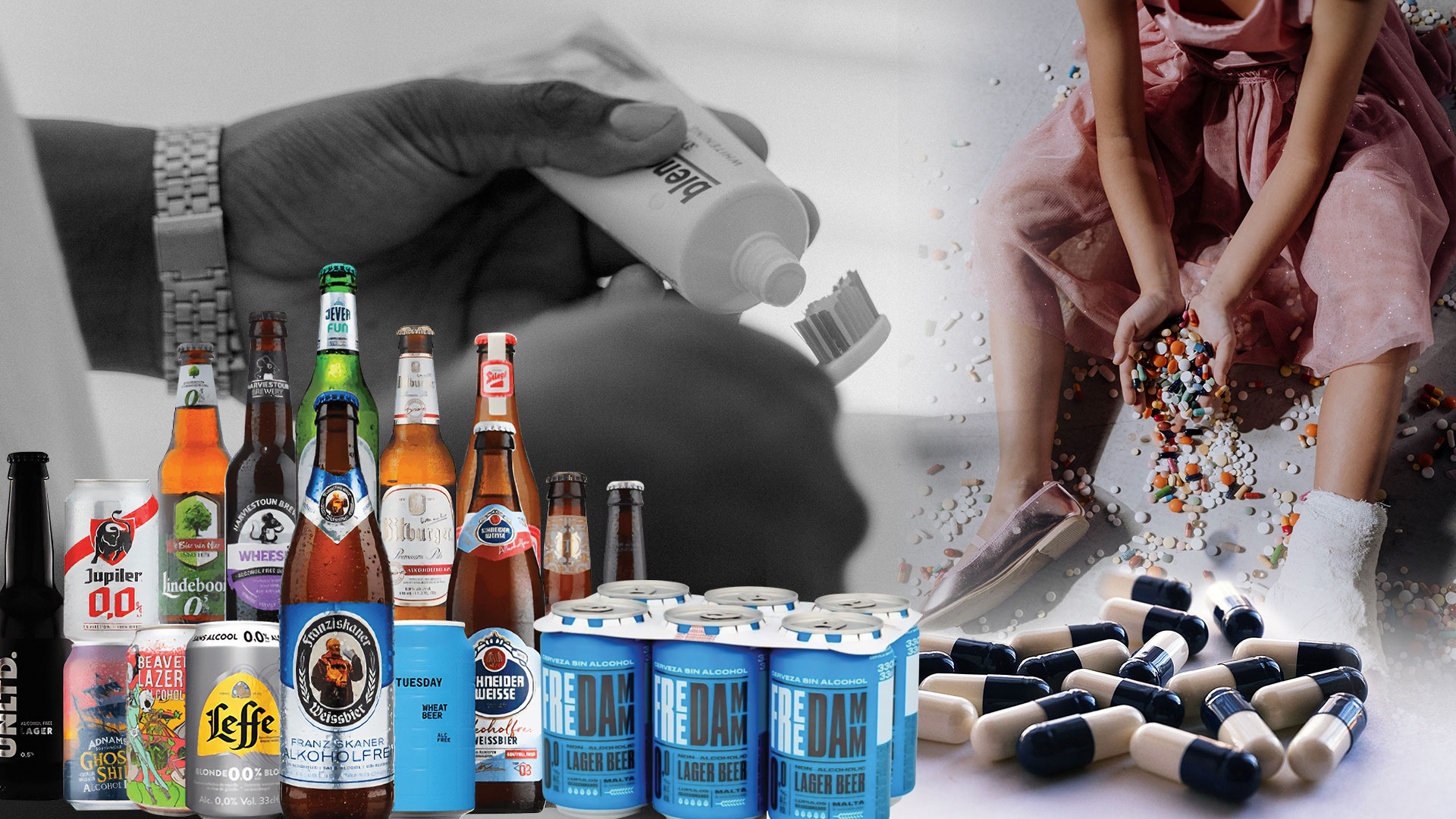In the world of health and wellness, there are a plethora of products that claim to offer extraordinary benefits. It is only natural to question whether these grand claims hold any truth. Here, we delve into three such products – alcohol-free beer, toothpaste said to heal teeth and gums, and over-the-counter painkillers – seeking expert opinion on whether all their hype is justified. Are consumers right to trust those bold proclamations on the packet or bottle, or have we become too cynical in the modern age?
Alcohol-Free Beer: A Healthier Alternative?
The market for no- or low-alcohol beers has grown significantly, with major breweries and craft beer producers jumping on board. But do these beverages truly contain negligible amounts of alcohol, and are they genuinely better for our health than traditional beers?
Big brands like Heineken and Guinness are now offering versions of their signature brews with the alcohol removed. According to Laura Willoughby, an expert on low- and no-alcohol drinks, Guinness uses a cold-filtration method to create Guinness 0.0, a non-alcoholic beer that closely resembles the taste of the original stout. This process involves removing the alcohol and reintroducing other ingredients to maintain flavour and texture.
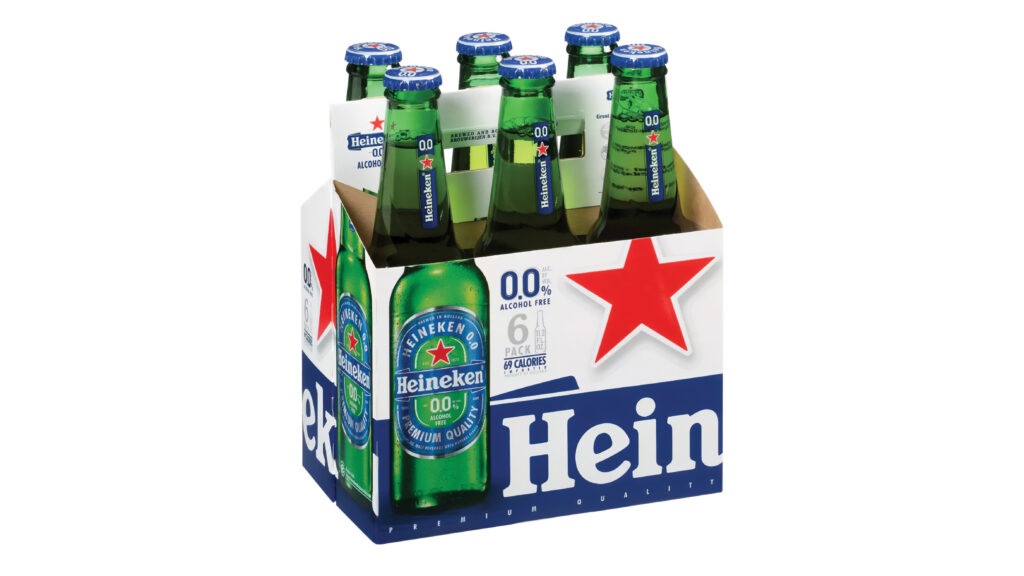
Some craft brewers have used different yeast strains and innovative technology to create non-alcoholic beers with exceptional taste. In fact, some of these brews have won awards in blind tastings, dispelling the notion that alcohol- free options lack flavour.
Labelling standards vary by country, with most considering drinks below 0.5% alcohol by volume (ABV) as alcohol-free. In the UK, however, the threshold for non-alcoholic classification is 0.05% ABV, and beverages ranging from 0.05% to 1.2% ABV are considered low-alcohol.
One important question is whether these low-alcohol beers can intoxicate consumers. Willoughby assures us that this is not possible. Research conducted in Germany, where volunteers consumed 0.4% ABV beer, found blood-alcohol levels to be 100 times lower than the legal drink-drive limit.
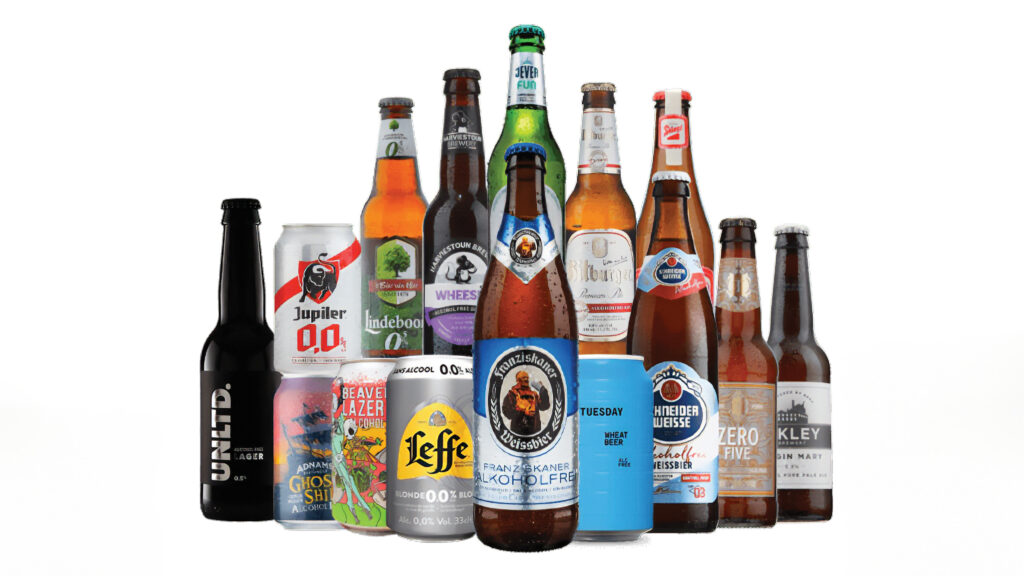
Drinking alcohol-free or low-alcohol beer, which tend to have fewer calories compared to their alcoholic counterparts, can also provide health benefits. They contain polyphenols, compounds that help reduce inflammation and promote overall well-being. Additionally, these beers often possess isotonic properties that aid in rehydration, making them suitable sips after physical exertion or in hot climates, according to nutritionist Kerry Torrens.
Drinking in moderation is crucial. Keeping within the recommended weekly alcohol limit can help reduce the risk of health issues associated with excessive alcohol consumption.Pregnant women and those with alcohol dependency are advised to avoid even the smallest amounts of alcohol.
Healing Toothpaste: Too Good to Be True?
Toothpaste manufacturers often make bold claims about repairing enamel, protecting gums, and alleviating teeth sensitivity. But are these assertions genuine?
Dr Saoirse O’Toole, a clinical lecturer in prosthodontics at King’s College London, says the advantage offered by expensive toothpaste labelled as “enamel repairing” is minimal compared to standard products containing fluoride. The improvement is estimated to be only from 2% to 5%.
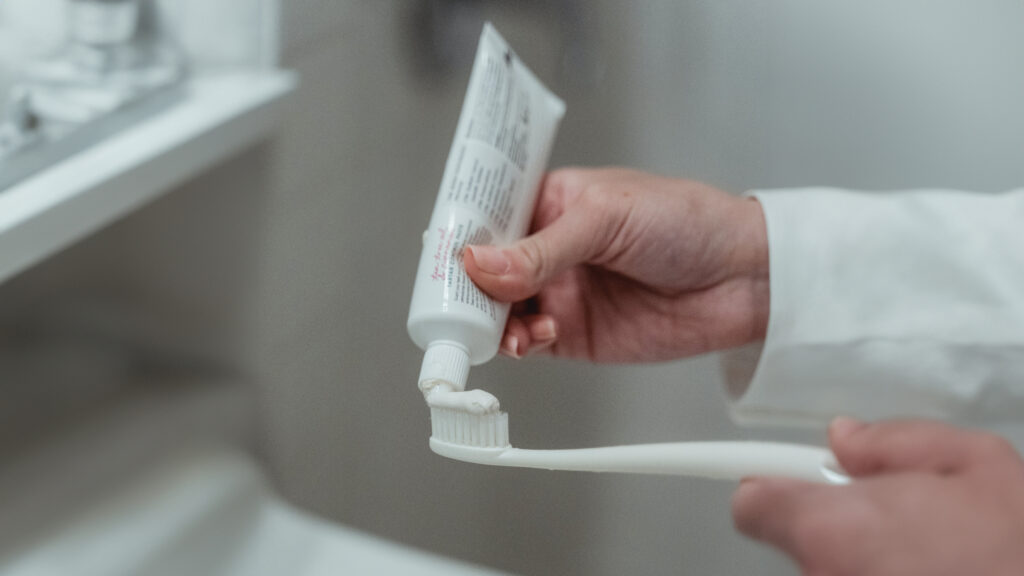
It is important to note that no toothpaste can completely restore enamel. “You will have a small additional benefit, but nothing will compensate for what you are doing in the diet, the way you are brushing, and the amount of oral procedures you are using,” she states.
Nor is toothpaste a remedy for protecting or hardening gums, according to O’Toole, who stresses that the best way to protect your gums is through brushing, flossing, and interdental cleaning methods.

However, there is evidence that toothpaste specifically designed for sensitive teeth can be beneficial and even offer instant relief. These toothpastes contain specialised desensitising agents that form a protective film on exposed tubules, reducing pain associated with sensitivity. For individuals experiencing dentine hypersensitivity, trying different brands of dentine hypersensitive toothpaste may help identify the most effective option.
Do Painkillers Ease the Pain?
Everyone experiences acute pain from time to time, be it a migraine, sports injury or, for women, period pain. Sufferers generally have their go-to painkiller at hand to provide relief, but is there much difference between taking aspirin, paracetamol or ibuprofen? And can some brands act more quickly than others to dull pain and target particular areas of the body?
Biochemist Dr Andrew Moore believes that analgesics advertised to be fast-acting do, in many cases, warrant this bold claim. “If you package paracetamol with sodium bicarbonate it seems to be absorbed faster,” he points out. Paying a little more to get a tablet with caffeine in it, or drinking coffee on the side can also help. Analysis of evidence in 500 clinical trials and 50,000 patients suggested that 10% more people received good pain relief when the product contained at least 100mg of caffeine, indicated Moore.
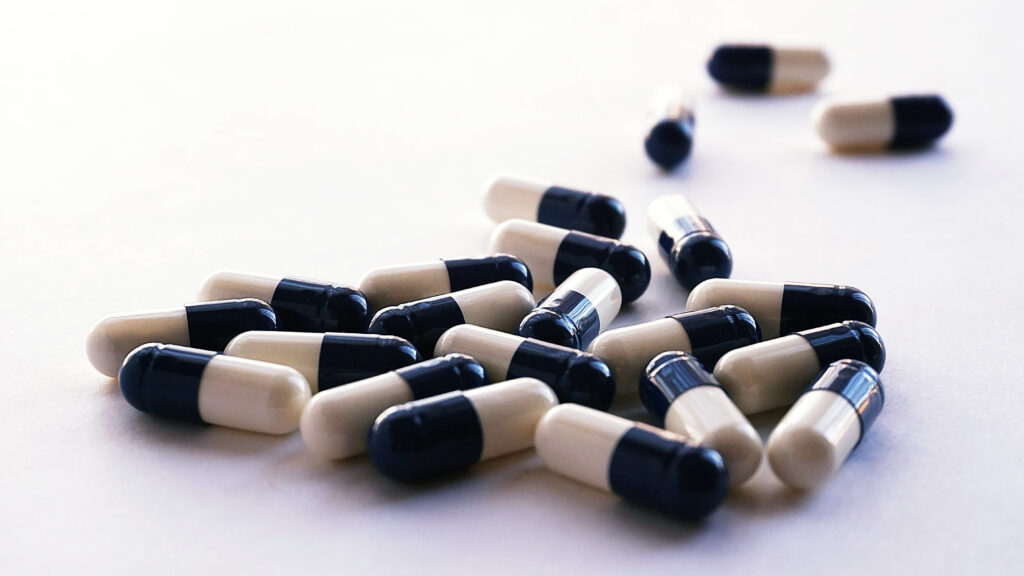
However, over-the-counter painkillers may be less effective than commonly expected. Moore warns that only about 30% or 40% of people who have moderate to severe pain will receive satisfactory pain relief from paracetamol, and this figure can drop to 25% to 30% when taking aspirin. Ibuprofen, a non- steroid anti-inflammatory drug, appears to offer more effective pain relief, though, with “about 50% or 60% of people getting good pain relief”.
Some brands of ibuprofen can be fast-acting. Moore says salt formulations of ibuprofen act quicker than standard acid ones, especially when taken on an empty stomach. Ibuprofen also tends to have fewer side effects than aspirin.
He suggests that ingesting a combination of pain relivers can be beneficial. Moore believes scientific research does not indicate that painkillers are effective at targeting a specific location of pain in the body.

Dr Mary Joan Macleod, a clinical pharmacologist, argues that while painkillers all work on the same pathway, different painkillers work on the pathway in slightly different ways.
All painkillers will target any pain in the body, but if the nerve endings are being stimulated by inflammation, she recommends ibuprofen. “For joint pains you are much better with an ibuprofen,” she states. “Ibuprofen is better for period pains because there are a lot of prostaglandins produced in the womb around the time of the menstrual cycle.” She also suggests combining paracetamol and ibuprofen when in pain.
According to Macleod, there is little difference in quality between the various brands of painkillers, but capsules are likely to provide faster relief as they are absorbed more easily.



